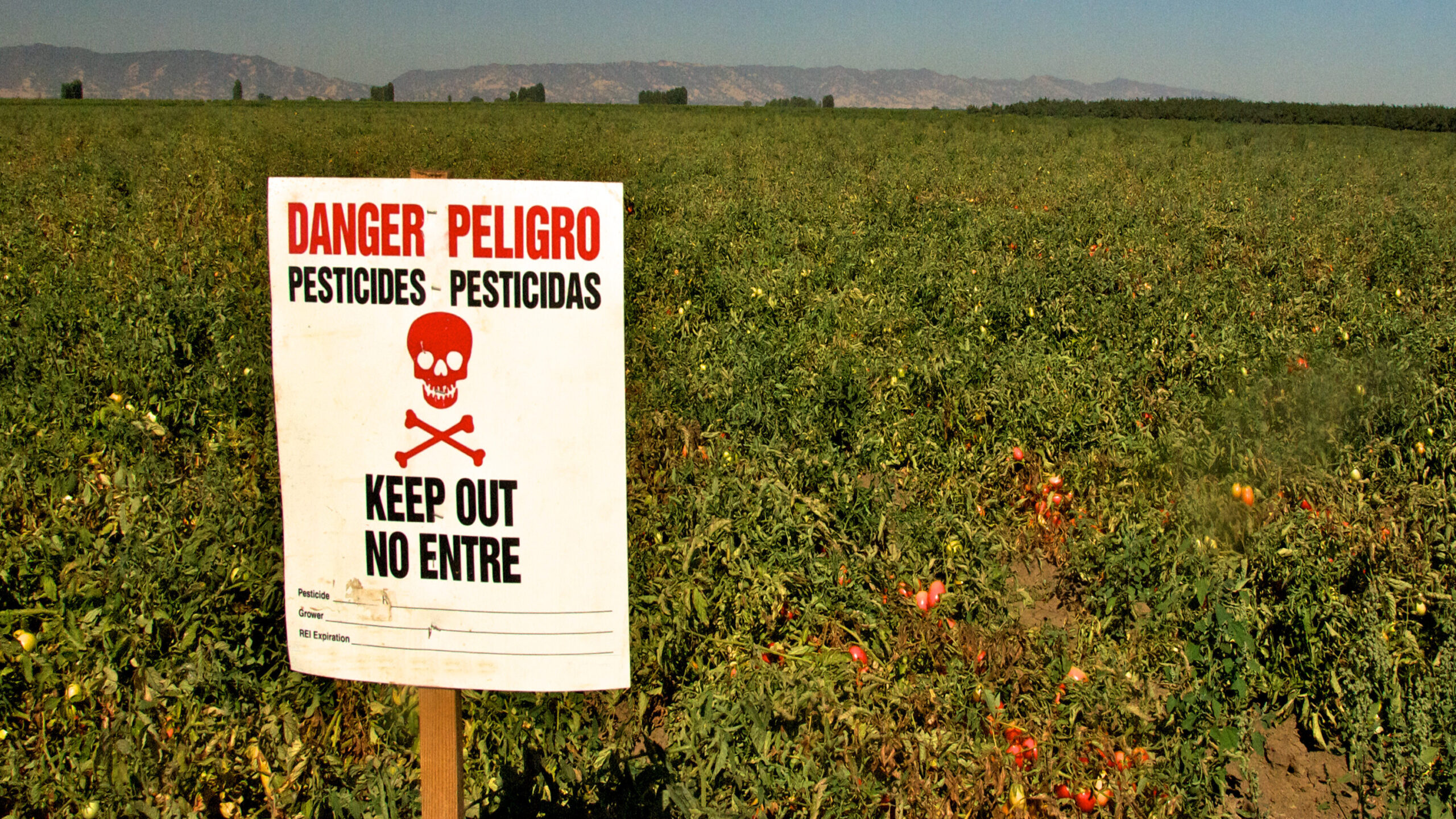Just a few short years ago, the links between plastics and fossil fuels were largely hidden from the public. By exposing those links — that plastics are fossil fuels in another form — CIEL has helped to connect, equip, and mobilize the fossil fuel and plastic movements to confront the rising threat of new plastic production for communities in the United States and around the world.

The convergence of these movements is bringing greater attention and resources to frontline communities organizing to stop the plastics crisis and helping climate advocates prevent plastics from further entrenching our dependence on the fossil fuel economy. But the industry is opening still other routes to keep humanity dependent on oil and gas long into the future. Just like plastics, agricultural chemicals are fossil fuels in another form, and the fossil fuel and agrochemical industries are actively exploiting that fact to lock in new and dangerous fossil infrastructure. The intersection of plastics, agrochemicals, and the fossil fuels used to make them forms a toxic triad that represents a new frontier in our efforts to uproot the fossil economy.

CIEL is working to expose the intersection of fossil fuels, plastics, and toxic chemicals, and their dangerous consequences for human health and the environment. In a new report, Sowing a Plastic Planet, CIEL exposed a troubling but little known manifestation of this toxic triad: the deliberate addition of microplastics to coat synthetic fertilizers and pesticides for “controlled release” in industrial agriculture, a critical but completely avoidable source of pollution of our soils. Agrochemicals and microplastics pose numerous threats in their own right, but the use of both in tandem compounds the health and environmental hazards posed by each. This work presents a vital new angle to leverage as we work to protect people and the planet from the human and environmental impacts of the fossil fuel economy.
